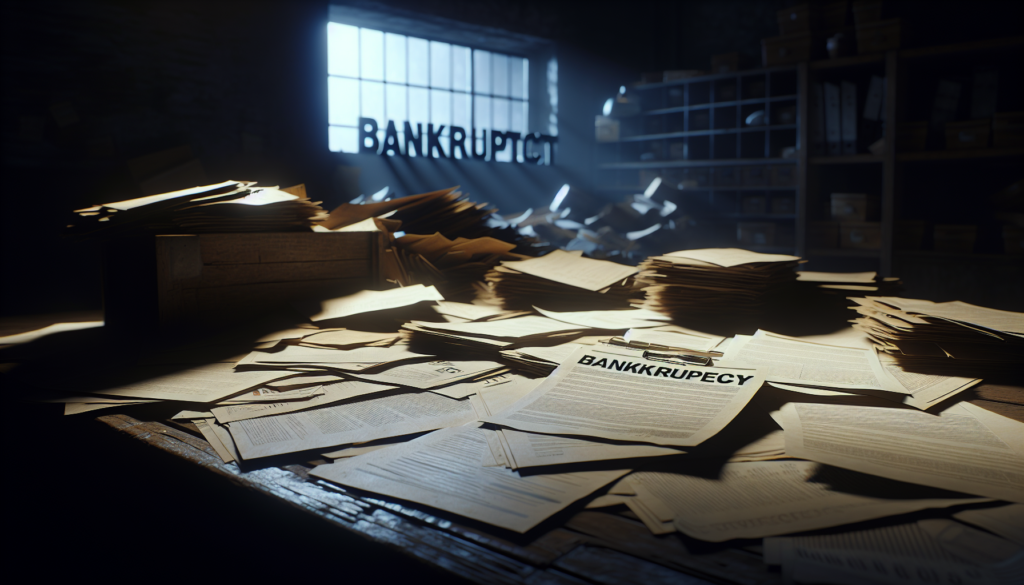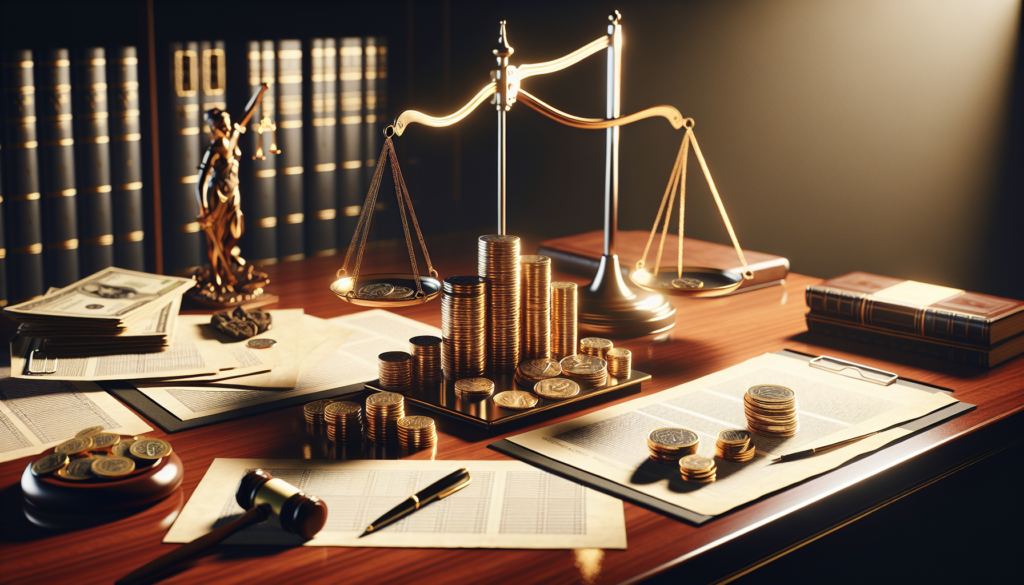
Filing for bankruptcy can be a strategic decision to address a credit card lawsuit. Here are five reasons why someone might consider this option:
-
Automatic Stay:
- Immediate Relief: Filing for bankruptcy invokes an automatic stay, which immediately halts all collection activities, including lawsuits, garnishments, and harassing calls. This stay provides immediate relief and time to reorganize your finances without the pressure of ongoing litigation.
- Legal Protection: The automatic stay offers a legal shield, preventing creditors from taking further action without bankruptcy court approval, giving you a respite and a chance to strategize your next steps.
-
Debt Discharge:
- Elimination of Credit Card Debt: Chapter 7 bankruptcy can lead to the discharge of unsecured debts, including credit card debts. If the lawsuit is for a debt that can be discharged, bankruptcy can eliminate the debt and the lawsuit permanently.
- Chapter 13 Repayment Plan: If you file for Chapter 13, while the debt may not be entirely discharged, you can incorporate it into a manageable repayment plan, often paying back only a fraction of the unsecured debts based on your disposable income.
-
Avoiding Judgment and Garnishment:
- Preventing Wage Garnishment: If the credit card company wins the lawsuit, they might obtain a judgment that could lead to wage garnishment or bank account levies. Filing for bankruptcy can prevent these outcomes by potentially discharging the debt or restructuring it under a Chapter 13 plan.
- Asset Protection: Bankruptcy exemptions can protect your assets from being seized to satisfy a judgment, ensuring you retain essential property and financial resources.
-
Financial Reset:
- Fresh Start: Bankruptcy provides a mechanism to reset your financial situation. By discharging or reorganizing your debts, you can address not only the immediate lawsuit but also broader financial challenges, paving the way for a more stable financial future.
- Credit Recovery: While bankruptcy does impact your credit score, it also stops the accumulation of negative marks from ongoing unpaid debts. Post-bankruptcy, you have the opportunity to rebuild your credit from a clearer slate.
-
Strategic Financial Planning:
- Comprehensive Debt Solution: Bankruptcy allows you to address all eligible debts simultaneously, not just the specific debt involved in the lawsuit. This comprehensive approach can be more efficient and effective than tackling each debt or lawsuit individually.
- Legal Advice and Support: Engaging in bankruptcy proceedings provides access to legal advice and support, helping you navigate not only the lawsuit but also other financial liabilities in a structured and informed manner.
Filing for bankruptcy to stop a credit card lawsuit can offer significant relief and strategic advantages, from halting immediate collection actions to providing a long-term plan to resolve debts. However, the decision to file should be made after careful consideration of the broader financial implications and, ideally, with guidance from a bankruptcy attorney to ensure it aligns with your overall financial goals and circumstances.


Get a Free Bankruptcy Case Evaluation